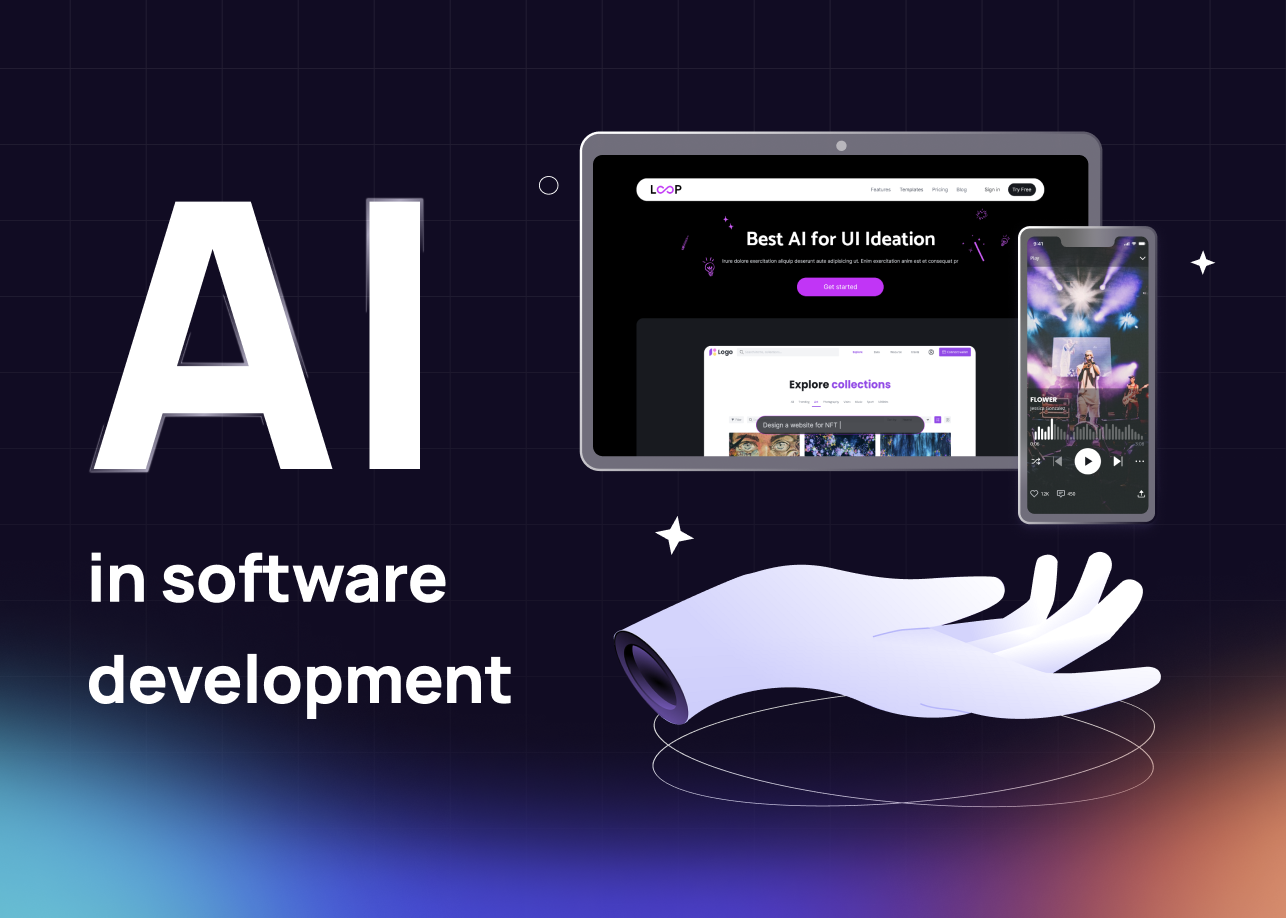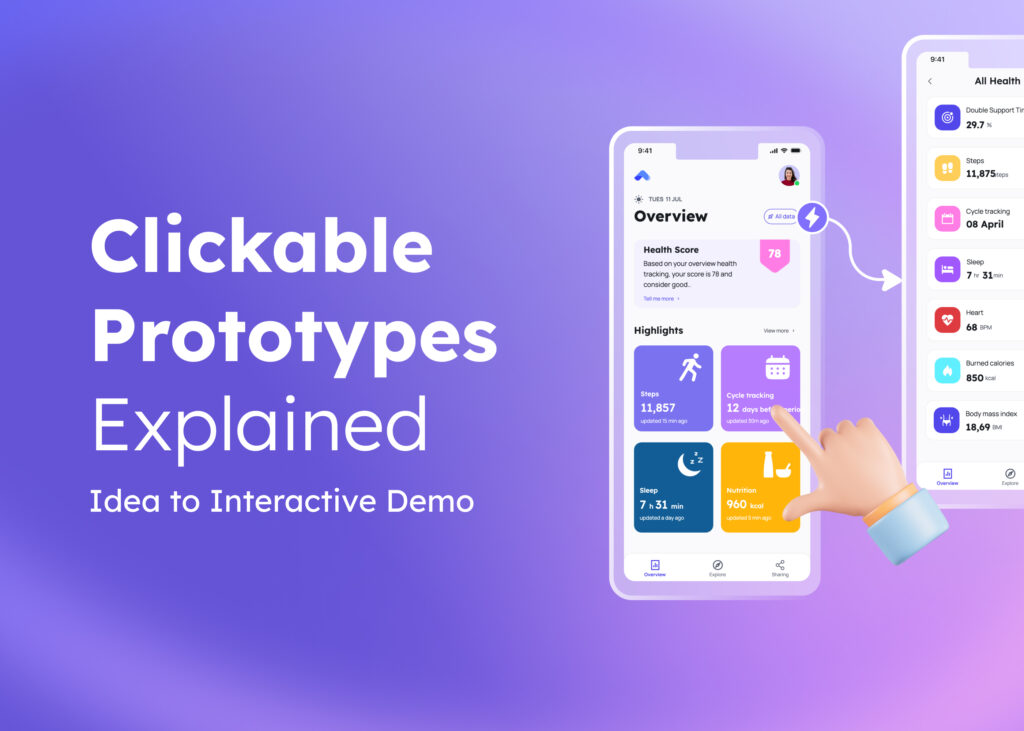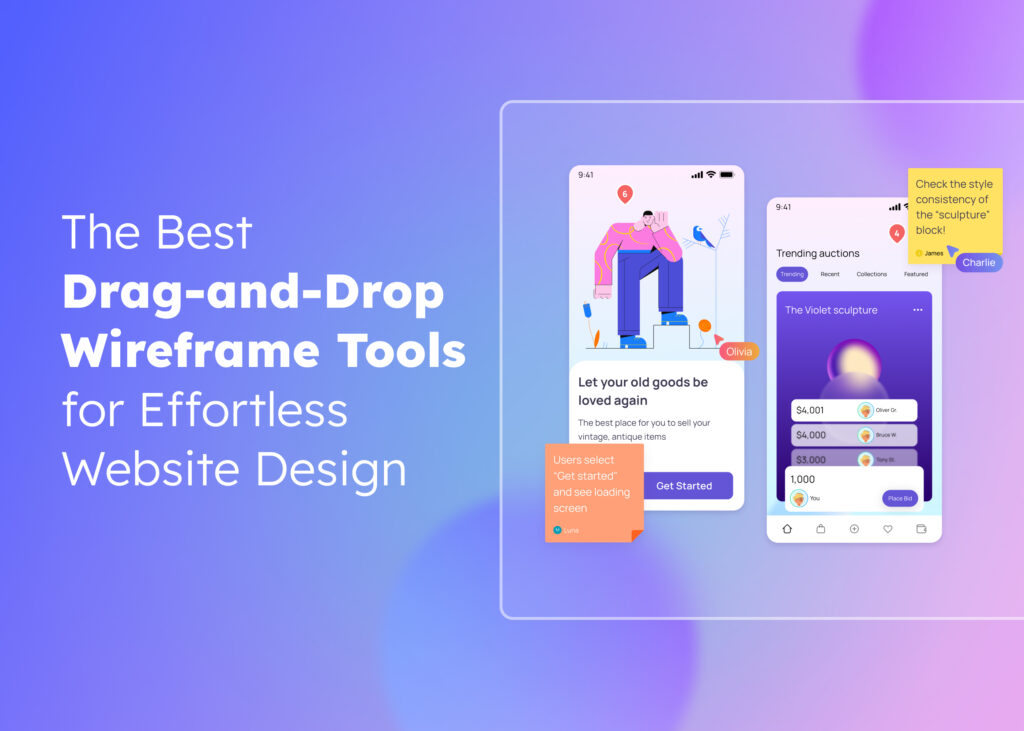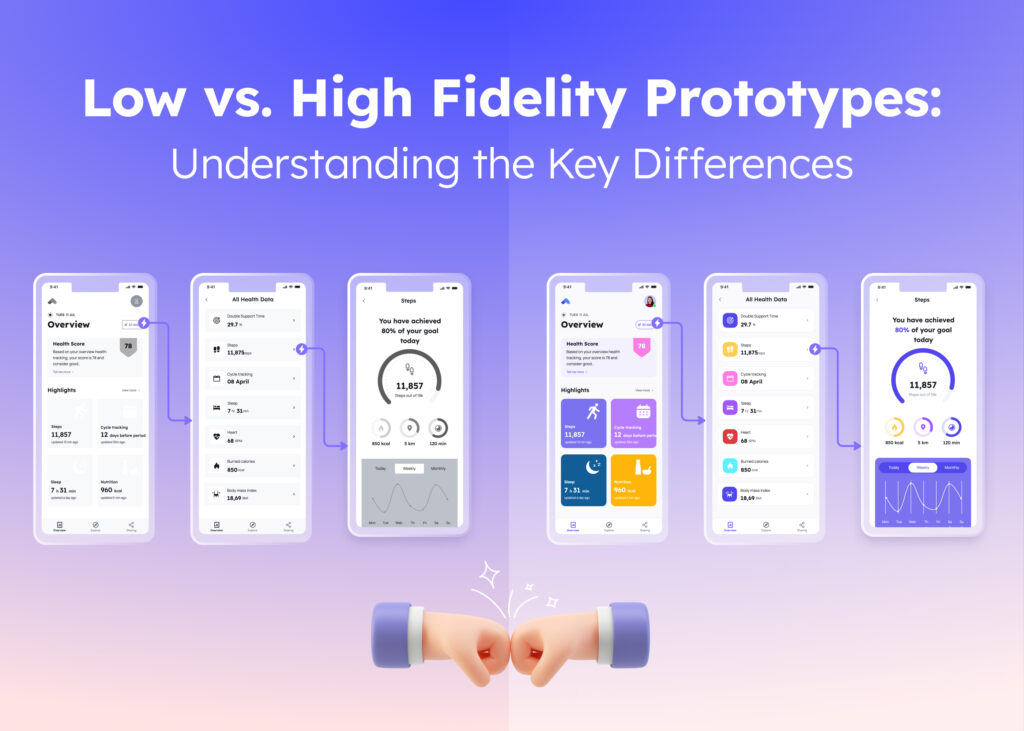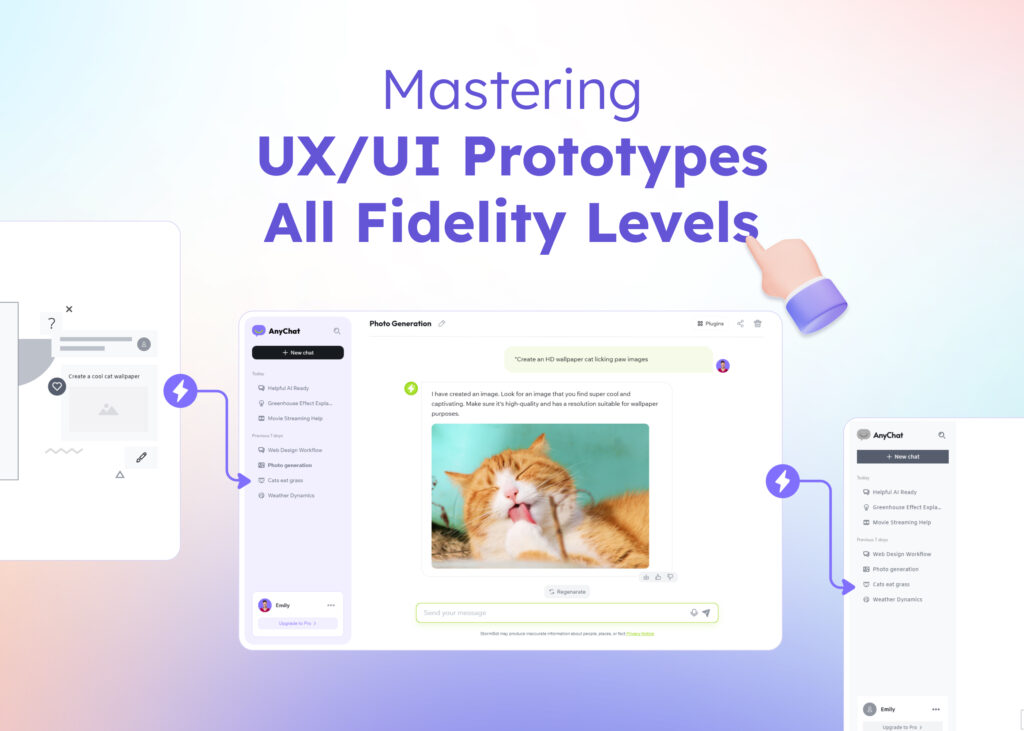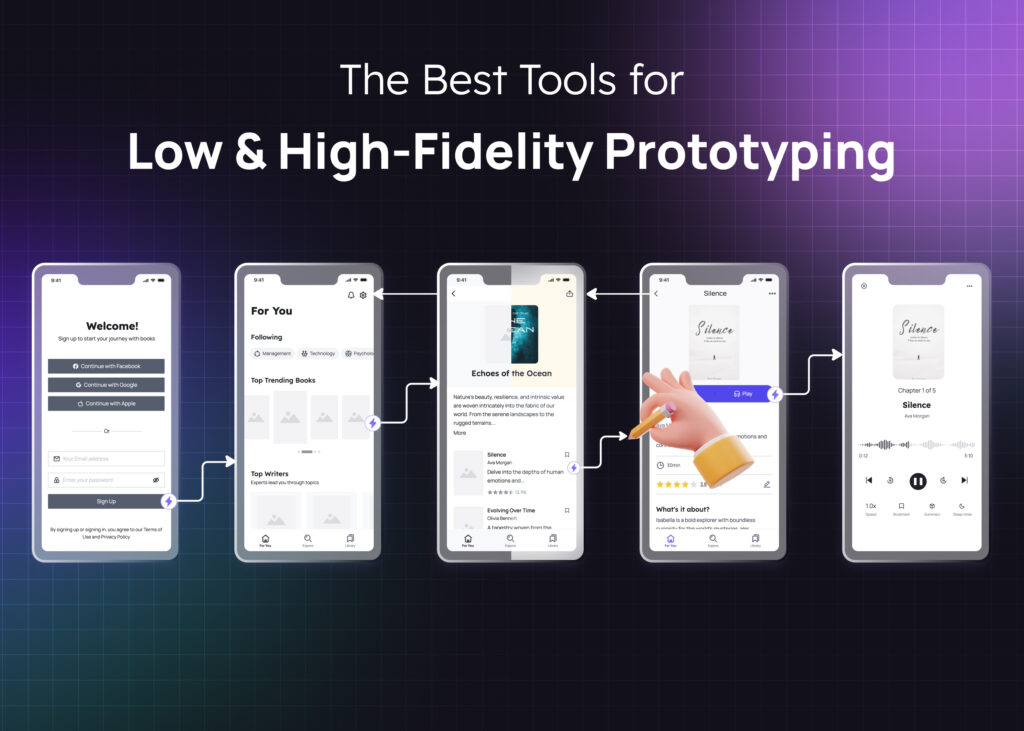You’re undoubtedly already familiar with ChatGPT, the technology that’s made Artificial Intelligence (AI) a buzzword and shown us how it’s changing the world.
Remember how the internet turned everything upside down when it came to accessing information? Well, AI is doing the same thing in the workplace. AI is changing business models by automating tasks, using data to make predictions, and fundamentally altering the way we build software. This technology isn’t just creating new industries and jobs; it is also reshaping the future of software design.
The rapid growth of AI is transforming every industry, and software development is right at the heart of this transformation. Generative AI is changing the way development teams collaborate, operate, and ultimately, bring products to life. In this blog post, we’ll explore the AI influence on top industries, in software development, and how it’s shaping the future of the software landscape.
What is the role of AI in Software Development?
Artificial intelligence (AI) is all about creating programs that work, learn, and think like humans. AI systems, often powered by machine learning algorithms, are designed to mimic human intelligence, enabling them to process massive amounts of data and handle complex tasks—things that would take humans days or even weeks to complete. It might sound a bit sci-fi, but it’s essentially a smart model that absorbs human knowledge and performs tasks based on that input.
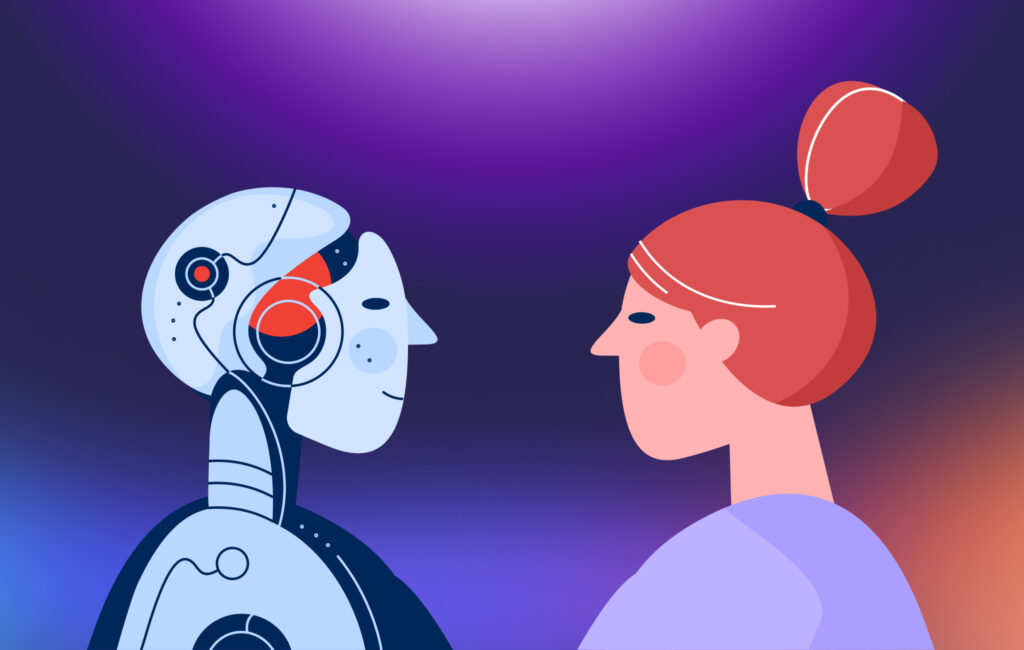
The Impact of AI in Leading Industries
Several industries are experiencing significant transformations driven by Artificial Intelligence (AI). Here’s a look at how Generative AI is making waves in some of the hottest sectors:
AI products are transforming these industries by integrating AI into their lifecycle and management strategies. Software developers are leveraging AI tools to automate routine tasks, enhance productivity, and focus on innovative, high-level challenges. This shift not only improves efficiency but also drives the evolution of smarter, more responsive solutions across leading industries.
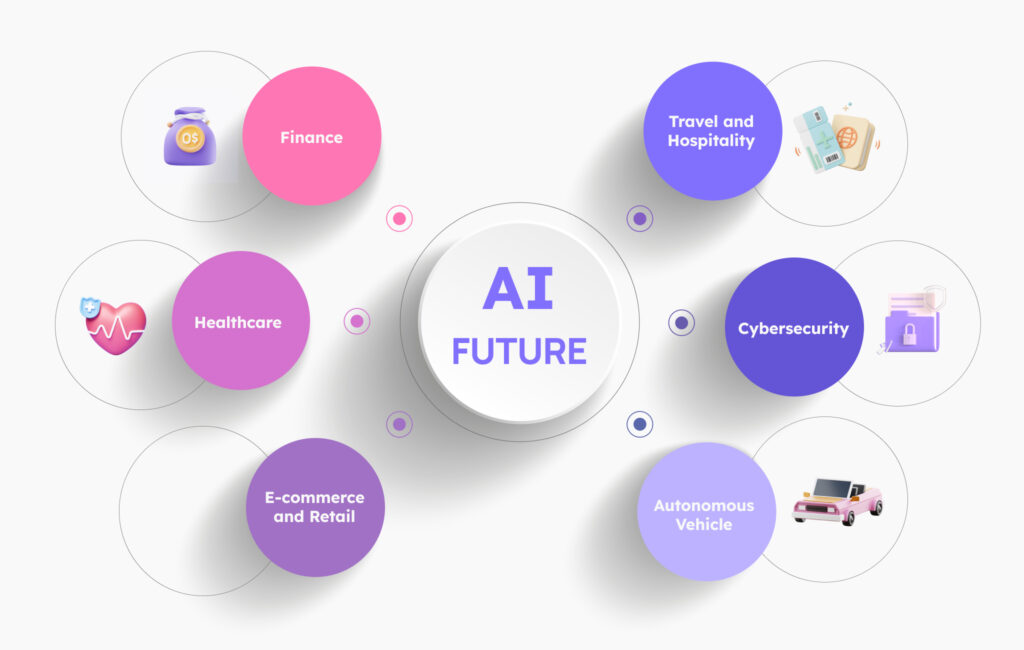
AI in Fintech (Financial Technology)
In fintech, AI is reshaping financial software by enabling personalized customer service, improving fraud detection, refining investment predictions, and automating tasks like credit scoring. This helps meet evolving customer needs, strengthens loyalty, and provides a competitive advantage in the industry.
AI in Healthcare Technology
Telemedicine platforms now use AI and machine learning to provide virtual assistants and diagnostic tools that make remote consultations smoother and more effective. AI healthcare software plays a crucial role in this transformation, enabling more accurate diagnostics and efficient patient interactions. AI is also at the heart of personalized medicine, helping software analyze patient data to tailor treatment plans specifically for individuals. And when it comes to drug discovery, AI speeds up the process by predicting which compounds might work best, cutting down on research time and costs.
AI in E-commerce and Retail
AI-driven recommendation engines are now a staple in online shopping, offering personalized product suggestions based on your browsing and purchasing history. Augmented reality (AR) software, powered by AI, lets you virtually try on clothes and accessories, making online shopping more interactive and reducing returns. Leading brands like Sephora are leveraging AI to completely reimagine customer experiences, offering virtual try-ons and personalized beauty recommendations. On top of that, AI is streamlining inventory management and demand forecasting, helping retailers keep stock levels just right and avoid overstocking or shortages.
AI in Travel and Hospitality
In the travel and hospitality sector, AI is enhancing travel experiences in new ways. Dynamic pricing software adjusts rates for flights and hotels in real time, ensuring you get competitive prices. AI also helps create personalized travel itineraries by analyzing your preferences and past trips. And when it comes to customer service, AI-powered chatbots, and virtual assistants are available around the clock to handle bookings and answer questions, making travel planning a breeze.
AI in Cybersecurity
Cybersecurity is another area where AI is making a big difference. AI-powered security software can detect and respond to potential threats almost immediately, analyzing network traffic and user behavior to spot unusual activities. Automated incident response systems, driven by AI, quickly isolate threats and take corrective actions, minimizing damage and keeping systems secure. Predictive analytics tools also help organizations anticipate future security risks and strengthen their defenses.
AI in Autonomous Vehicles
AI is driving the development of self-driving technology. Software that uses AI processes data from sensors and cameras to make real-time driving decisions, helping vehicles navigate roads safely and efficiently. AI also plays a key role in managing fleets of autonomous vehicles, optimizing everything from routing to maintenance.
AI in Green Technology
Finally, in sustainable technology, AI is driving eco-friendly practices. For instance, AI helps energy management systems by analyzing data from smart grids and buildings to optimize energy usage, which reduces waste and boosts efficiency. In agriculture, AI assists by monitoring crop health and predicting yields, allowing for better resource management and more sustainable farming practices. Additionally, AI supports climate modeling, providing insights that help in developing strategies to address environmental changes and risks.
AI Tools in Software Development Process
AI has been helping out in places like finance, healthcare, and shopping. Now, it’s also making a big difference in building software. AI coding assistants like Codium AI are becoming essential tools that integrate seamlessly into coding environments, offering real-time suggestions and insights to boost efficiency and accuracy. Cool AI tools are popping up everywhere, and they’re helping make the whole process faster and easier. Let’s see how AI is changing things from start to finish.
Old Way of Doing Things
Back in the day, creating software was like piecing together a massive puzzle.
Traditionally, application development followed a structured approach, often referred to as the Waterfall model. This involved distinct phases: gathering requirements, designing the software, coding the features, testing, and maintaining the product. If a problem arose, it could be a major setback as the Waterfall model didn’t allow for much flexibility.
Recognizing these limitations, the Agile methodology emerged as a more adaptable approach. Agile broke down the development process into smaller, iterative cycles, allowing teams to respond to changes more quickly. However, even with Agile, silos often form between product managers, designers, and developers, hindering efficient collaboration and communication. Translating abstract ideas into visual representations for shared understanding remained a challenge.
While Agile brought improvements, the software industry still faced hurdles. Teams often struggled with managing complexity, ensuring quality, and accelerating time-to-market.
This is where AI steps in.
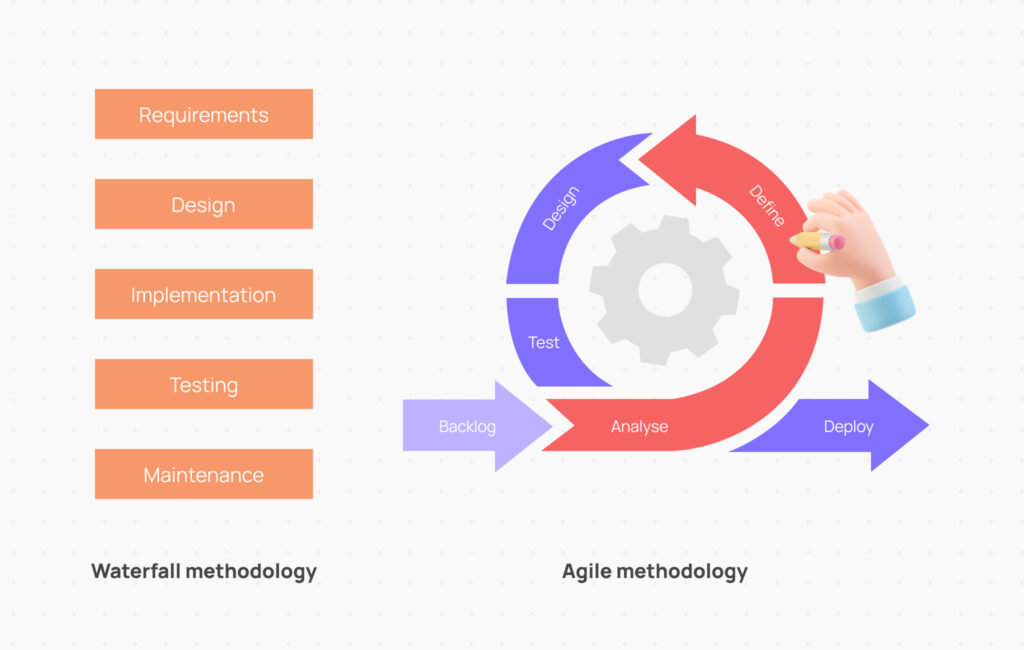
The AI Upgrade
As AI advances in its ability to think, create, and perform tasks like humans, it’s transforming software development by automating many time-consuming processes. Generative AI tools, such as ChatGPT, Gemini, and DALL-E, are revolutionizing product management by providing innovative solutions and enhancing product performance throughout its lifecycle. This not only speeds up the development cycle but also enhances team collaboration.
With AI-powered products, teams can explore new concepts and solutions more efficiently, leading to more effective innovation. Here’s a quick breakdown of how AI transforms key stages in software development.
- Requirements Gathering and Analysis: AI can swiftly analyze user data and feedback, identifying needs and trends more effectively than ever before. This automation eliminates the hours typically spent sifting through data or reviewing interview transcripts. Additionally, AI can generate documentation, saving hours of writing doc from scratch.
- Design and Prototyping: AI-powered tools generate design options from simple screenshots or text descriptions, enabling rapid visualization of ideas. These tools facilitate seamless sharing with your team, speeding up the design process.
- Development and Coding: AI assists with repetitive coding tasks, suggests improvements, and even generates code snippets. Additionally, AI tools can analyze and enhance existing code, facilitating tasks such as debugging and making small updates. This frees developers to focus on more complex and creative aspects of coding, enhancing overall productivity.
- Testing and Quality Assurance: AI identifies potential bugs, creates test cases, and automates the testing process. This not only makes the quality assurance phase more efficient but also increases the reliability of the software.
- Deployment and Maintenance: AI optimizes software performance, predicts system failures, and automates updates. This proactive approach ensures smooth operation and minimizes downtime, keeping systems running at peak efficiency.
The application of AI in software development may seem complex, but it’s often quite straightforward and widely used. For example, Zinnia’s founder, Lauren Goodell, demonstrated the power of AI tools like Visily, an AI-driven UI design tool.

Using Visily, Lauren completed the entire MVP wireframes for Zinnia in under a day. She found the pre-made templates helpful, but the real breakthrough came when she used the Visily AI feature to convert screenshots of inspiring app designs into editable components. This Screenshot-to-design AI feature allowed her to experiment with different designs, make quick styling adjustments, and boost productivity significantly.
AI’s Influence on Software Design
AI has slowly but surely changed how we work, and it’s truly exciting to see it empower product managers and companies to build amazing products. With AI handling routine tasks, product managers can now spend more time coming up with creative ideas and focusing on what users really need. An AI product manager plays a crucial role in guiding the development of AI-powered products and integrating AI into product management strategies.
From Ideation to Design: An AI-Powered Journey
In product development’s early stages, ideation is crucial. Product managers traditionally rely on brainstorming sessions and market research to come up with ideas. Now, AI tools can analyze vast amounts of data from various sources—like user behavior, market trends, and competitor performance—to highlight untapped opportunities and suggest innovative features.
Once an idea takes shape, the design phase begins. AI tools offer significant advantages here as well. For example, AI-powered design tools like Visily can quickly generate design options from a simple text prompt or convert app inspirations into ready-to-use layouts. This assists in the ideation process and reduces the effort needed for initial design concepts, allowing you to communicate ideas efficiently with minimal tweaks.
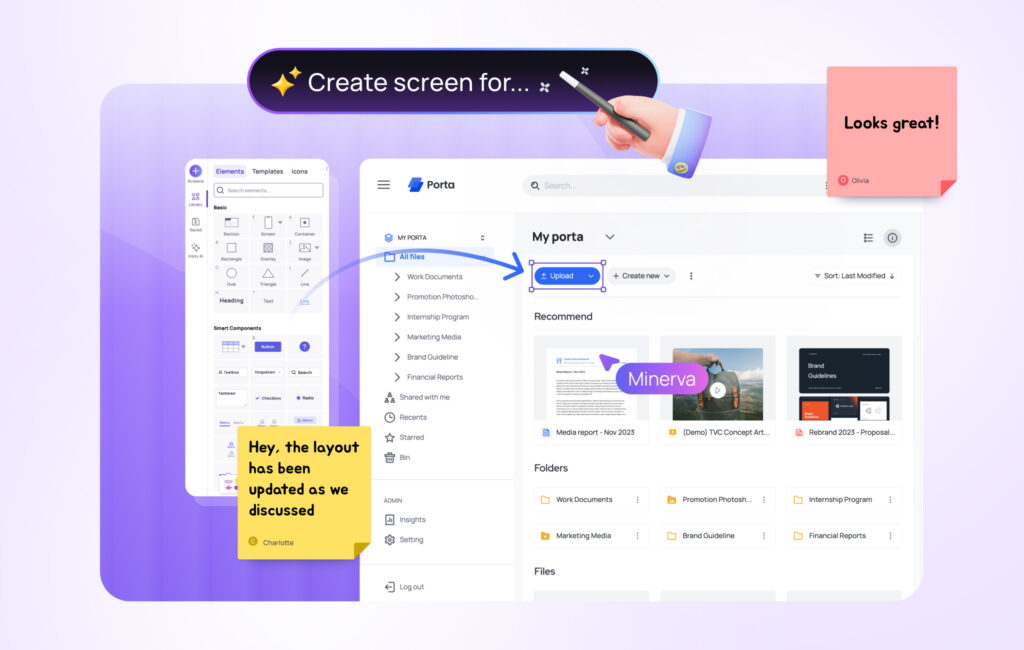
Prototyping and Testing: Enhancing Efficiency with Generative AI
Prototyping is a great way to showcase your product in action, without the actual implementation. Traditional methods can be lengthy and error-prone, but AI tools swiftly transform design sketches into interactive prototypes. These advanced tools even leverage machine learning algorithms to enhance and refine prototypes based on user testing feedback.
And don’t forget about testing—AI makes a big splash here too. Automated testing frameworks equipped with AI can handle thousands of test cases in mere moments, far quicker than manual efforts. They pinpoint bugs, propose solutions, and even forecast potential issues by analyzing historical data. This ensures rapid iterations and a much smoother journey toward finalizing your product.
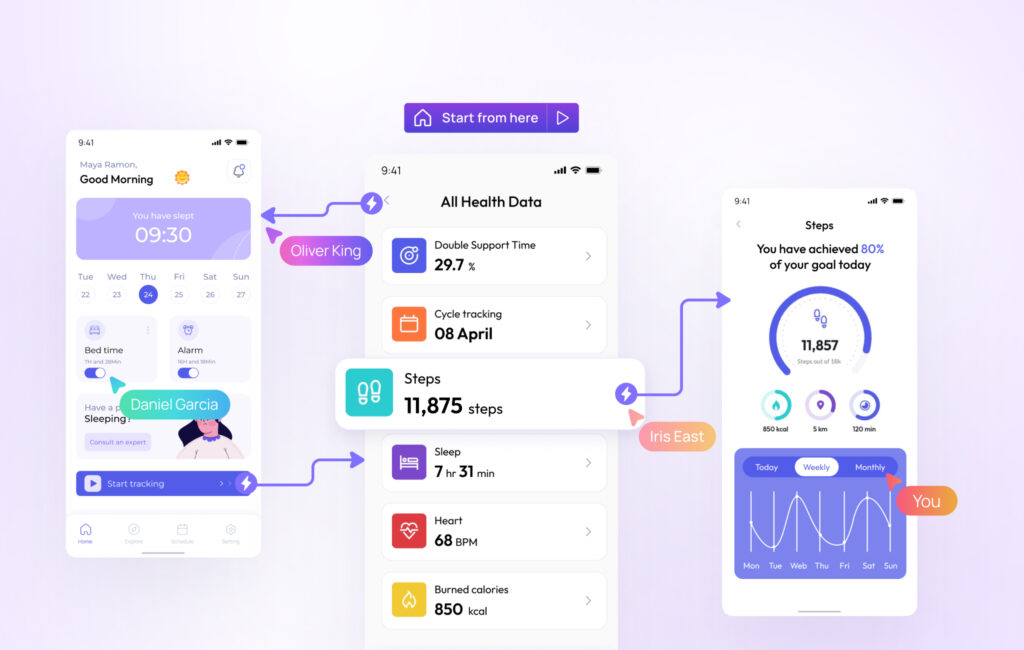
Personalization and User Experience
One of the most exciting aspects of AI in software design is its ability to personalize the user experience. By analyzing user data, AI can tailor the interface and functionality to individual preferences. Imagine a shopping app that rearranges its layout based on how you navigate or a music streaming service that curates playlists uniquely suited to your tastes—the possibilities are endless.
This level of personalization not only enhances user satisfaction but also fosters loyalty and engagement. Users feel understood and valued, which translates to a stronger connection with the product and the brand.
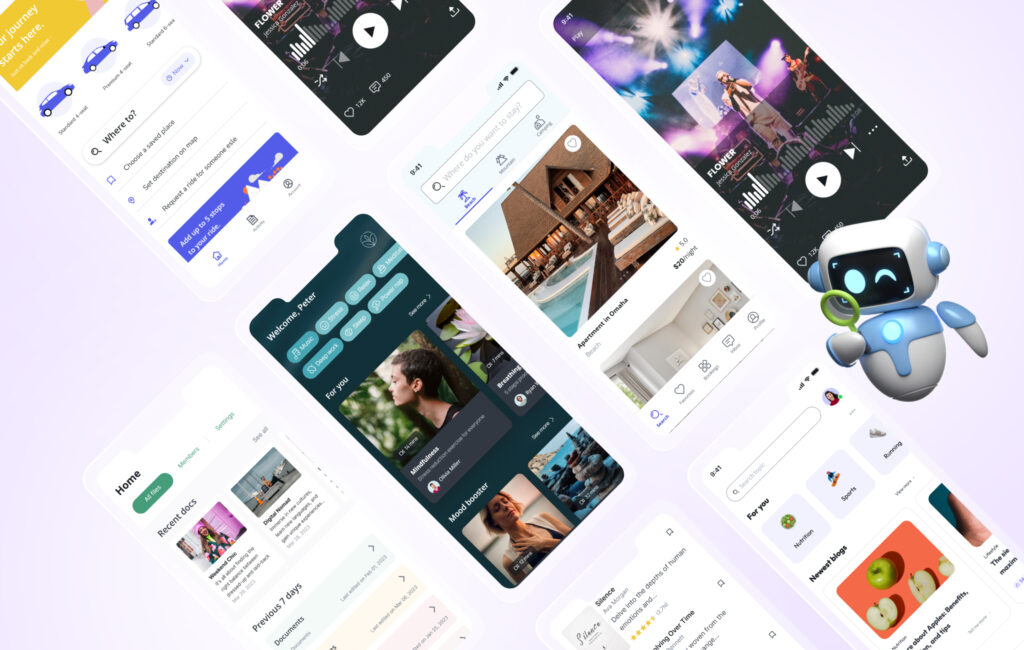
Development and Coding
AI is becoming increasingly important in the world of development and coding. One of its key benefits is its ability to detect bugs early on before they escalate into major issues. This saves time and makes software more reliable, leading to smoother development.
AI is also great for code reviews. It can check your code and suggest improvements to keep it clean and efficient. Plus, AI helps with code generation by automating repetitive tasks. This allows software engineers to focus on more complex work. These tools make programming languages easier to use and let even non-professional coders contribute, making coding more collaborative and inclusive.
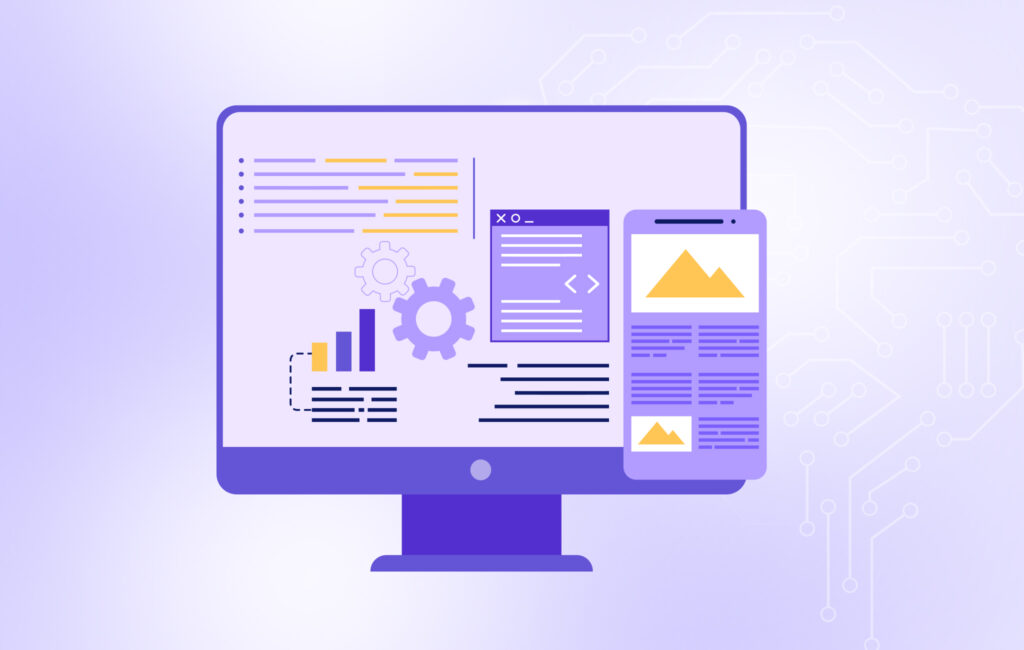
Looking ahead, the role of AI in software design is set to expand significantly. As AI technologies become more sophisticated, they’ll offer deeper insights and advanced automation capabilities. We might soon see AI tools capable of autonomously designing entire applications based on high-level requirements from humans. Additionally, the application of AI with emerging technologies like augmented reality (AR) and virtual reality (VR) could create new opportunities for immersive software experiences.
Future Trends and Predictions
The world of software is on the brink of a thrilling transformation, driven by the rapid advancements in artificial intelligence. We’re witnessing an exciting new era where AI is not just a tool, but a powerful collaborator, reshaping how we create software.
- Increased Use of Generative AI: Generative AI’s growing capabilities will allow the software to generate sophisticated designs and code structures on its own. This technical improvement has the potential to dramatically improve both creativity and efficiency during the development process, freeing developers to focus on higher-level strategic considerations.
- AI-Powered Decision Making: Leveraging vast datasets, AI will become a trusted partner, providing invaluable insights to guide the creation of software that resonates with users.
- Greater Integration of AI in DevOps: By streamlining workflows, predicting potential issues, and automating routine tasks, AI will optimize the DevOps process, leading to faster, more reliable software delivery and enhanced team innovation. AI tools can manage pull requests and automate technical debt management, optimizing workflows and reducing project delays.
- Emerging trends for new AI-related roles: As AI continues to evolve, we can expect a rise in specialized roles focused on maximizing its potential. These could include positions like AI ethicists, who ensure ethical standards in AI implementations; AI trainers, who fine-tune machine learning models to align with organizational goals; and AI product managers, who bridge the gap between technical teams and business strategies to develop AI-driven products that meet market needs effectively.
AI is set to transform software development. By automating mundane tasks, enhancing decision-making, and fostering creativity, AI will enable the creation of smarter, more efficient, and user-centric applications. This potent mix of human brilliance and artificial intelligence will create new opportunities for tech innovation.
Conclusion
The combination of AI and software development marks a new era of innovation. As artificial intelligence evolves, its impact on the future of software is apparent. AI has the potential to alter the way we design and use software, from automating boring work to inspiring innovative discoveries. Embracing these improvements will be critical for businesses looking to remain competitive and provide outstanding software solutions. The future of software development is bright, and artificial intelligence is the guiding star.




